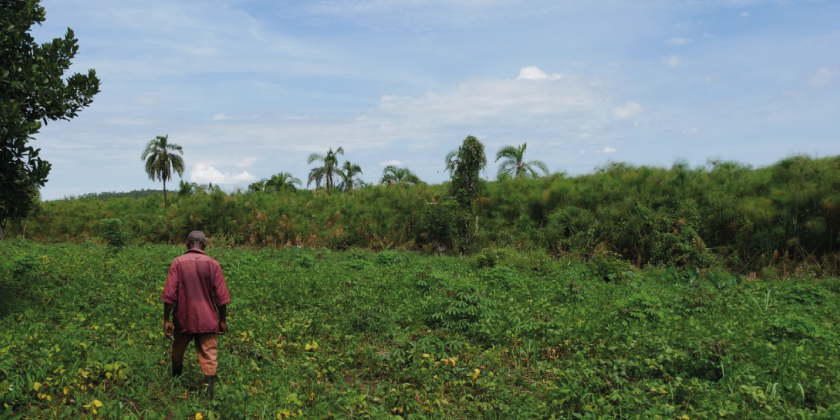Department Environmental Social Sciences
Understanding Sustainable Pesticide Use: A Behavior Change Study in Uganda

Project description
Project description
Pesticide use can be harmful to human health and the environment. Especially farmers applying these chemicals can be exposed to a large amount of toxic substances. To avoid harmful human and environmental health effects, it is vital to adopt health-protective and environmentally friendly farming practices, such as wearing protective equipment and handling pesticides and containers responsibly. However, this can be challenging in farmers’ daily life. Using a mixed-methods approach, this project aims at
identifying psychosocial and contextual factors motivating the adoption of health-protective, and sustainable pesticide-related practices.
Objectives
To identify the psychosocial and contextual drivers and barriers of sustainable pesticide handling. The results of this project will be used to develop behavior change interventions to promote health-protective and sustainable pesticide handling. .
Approach
To investigate the psychosocial drivers and barriers of sustainable pesticide use, a mixed-methods approach will be applied. Part I of the project uses qualitative interviews and farm observations with a random selection of participating farmers of the PESTROP project (see below) to extend and contextualize behavior change theory of sustainable pesticide use. Part II will test the developed model with quantitative survey data. From the results, behavior change interventions will be derived.
